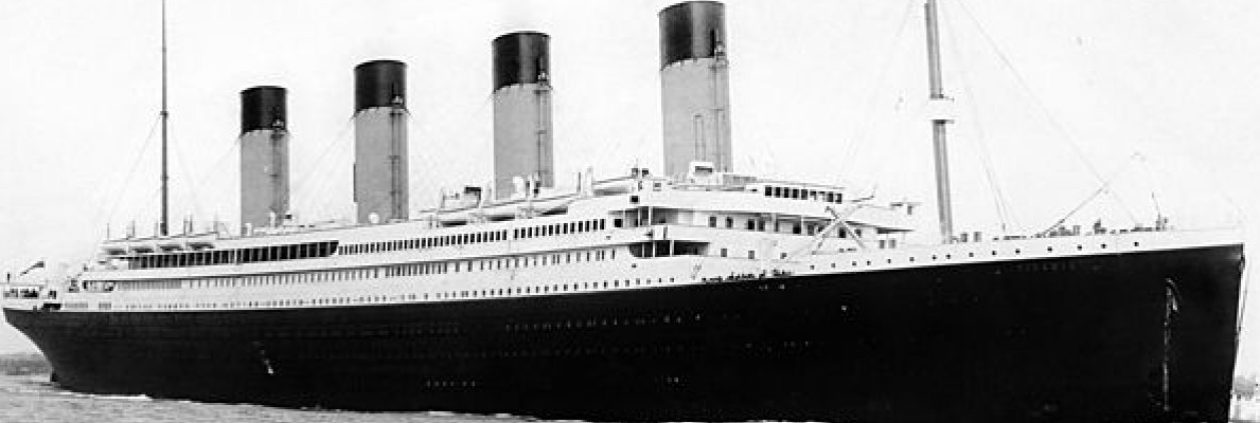
Public Domain
Recently a discussion occurred about Fascism. Those who were discussing it could easily point to historical figures such as Franco, Hitler and Mussolini as examples. However what Fascism really means they did not understand. And it appears many are not sure either.
Fascism was a created by Italian leader Benito Mussolini (1883-1945) and led Italy from 1922-1943. Fascism would inspire other totalitarian regimes such as Germany, Spain and Portugal. Unlike Communism, which rejected private property and capitalism, Fascism allowed both but that it had to support the goals of the nation. Communism rejects nationalism but Fascism embraces it and uses it to unite people.
Between us and the Communists there are no political affinities but there are intellectual ones. Like you, we consider necessary a centralized and unitary state which imposes iron discipline on all persons, with this difference, that you reach this conclusion by way of the concept of class, and we by the way of the concept of nations. Benito Mussolini, 1921 , before Chamber of Deputies.
Both disliked liberal democracy and replaced it with a one party state led by a dictator. People were to be molded to better serve the state. Communists and Fascists both believed in total control of their country from top to bottom and such regimes are totalitarian. They went beyond autocratic regimes of the past that simply enforced their will. Even if they never achieved the full aims of total control, they created systems of surveillance and control never seen before (and copied by similar regimes since then) to keep the populace in check. Capitalism under Fascism continued to exist but was subordinated to the needs of the state (which could lead to interesting contradictions) and was understood as a revocable trust.
The Soviet Union proved to be a model to follow for fascists such as Hitler. The Soviet Union was a one party state with all legislative and executive power vested into one person. Hitler and Mussolini might not have liked Communism but admired how they ran things. Both would use the fear of Communists to gain power. For Hitler, this fear was used to broker his ascent into power with the last election of 1932 left no clear winner (the Communists gained seats while the Nazi’s lost seats).
Intellectually Fascism is closer to Communism and has little connection to liberal democracy or conservative political movements. Fascists reject liberal democracy in all of its forms (European parliamentary models, constitutional monarchies, republics). They also reject most conservative political movements since they are often based on reducing government and putting citizens above the state. While Fascists might be sympathetic with autocratic parties (generally aligned with old school military or monarchy), they would ally with them only as a means to get power (Hitler did this).


